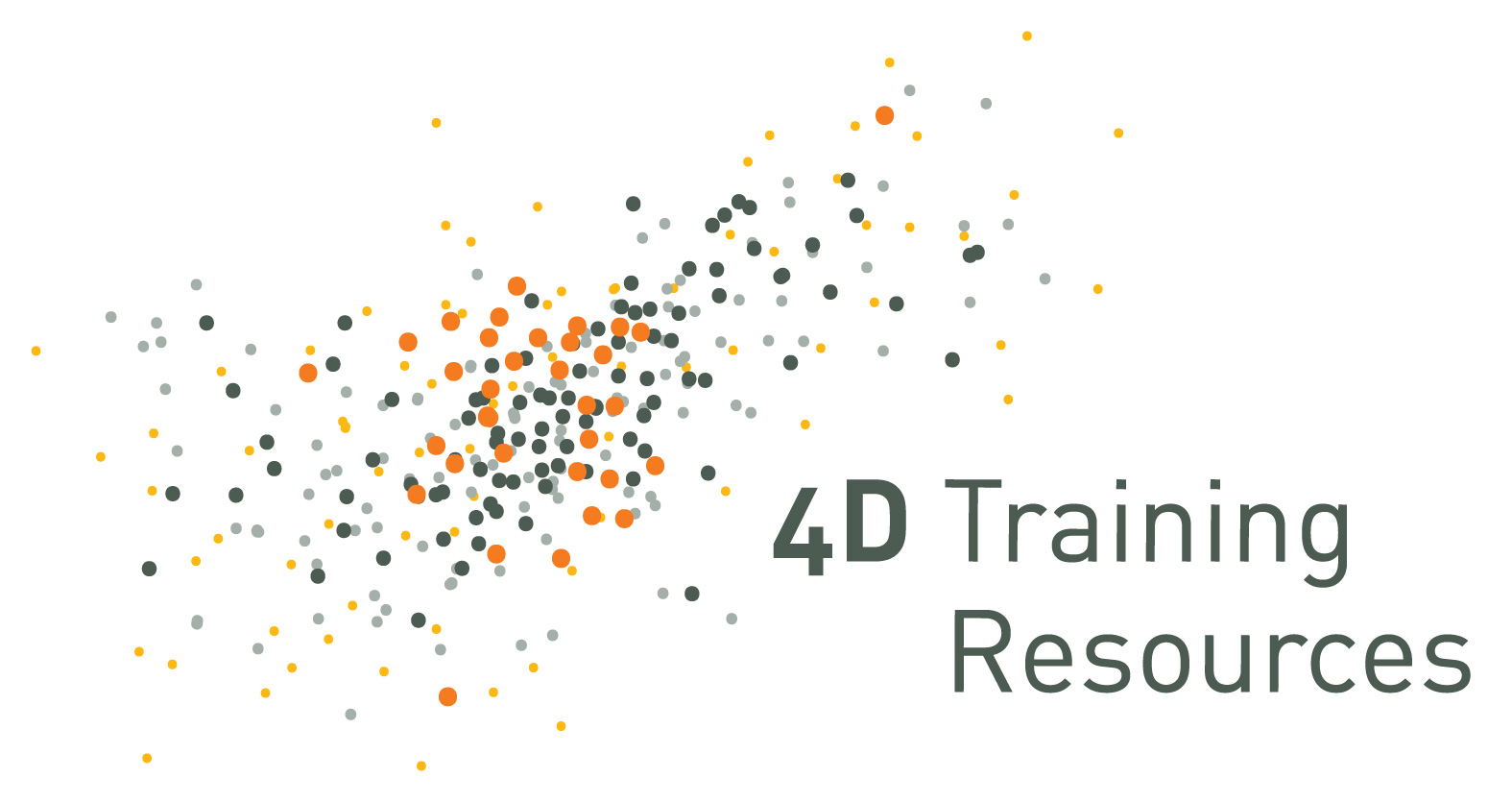Interpersonal Influence Inventory

communication skills improved personal, leadership, and organizational performance.
Learning Outcomes
-
Identify their preference for one of 4 personal influence styles: Passive, Assertive,Openly Aggressive, or Concealed Aggressive
-
Learn why assertive behavior is the one style that always yields positive results
-
Understand how other influence styles can hamper interpersonal communication
-
Discover the behavioral cues that signal each style
Theory and Development
Openness is an individuals’ willingness to disclose to another his or her thoughts, feelings, past experiences, and reactions. People are willing to disclose information about themselves to varying degrees. At one end of the spectrum are people who disclose very little, playing their cards “close to the vest.” At the other end are people who speak their thoughts and feelings directly and fully.
Consideration for Others
Consideration means an individual’s willingness to accord to others the same rights he or she expects for him- or herself. At one extreme are people who have very little respect for the opinions, feelings, and reactions of others. At the other extreme are people who defend and attempt to preserve the rights of others as strongly as they do their own.
-
Openly Aggressive Behavior: “I boldly insist that my rights and needs prevail.”
-
Assertive Behavior: “I clearly expresses that everyone has rights and needs.”
-
Concealed Aggressive Behavior: “I subtly make sure that my rights and needs prevail.”
-
Passive Behavior: “Others’ rights and needs take precedence over mine.”
Uses for the Assessment
How It Works
What to Order
You will need to order a Facilitator Guide per trainer and either 1 Print Participant Guide or 1 Online Assessment for each individual learner. The Starter Kit is a great way to begin your rollout and includes a Facilitator Guide and 5 Print Participant Guides or 5 Online Assessments. Additional Participant Guides or Online Assessment credits may be purchased separately. Purchasing all of the participant materials you need at one time may qualify you for quantity discounts that can save you money and simplify ordering.
Time Required:
Scoring: 20 minutes
Interpretation: 40 minutes
Workshop: 2.5 hours (optional)
Related Assessments and Workshops
Interpersonal and Communication Skills > Course 2015 - Influencing with Assertive Communication
Interpersonal and Communication Skills > Course 2016 - Building the Communication Bridge
Interpersonal and Communication Skills > Course 2017 - What's My Communication Style?
Interpersonal and Communication Skills > Course 2019 - Learning to Listen
Interpersonal and Communication Skills > Course 2020 - Neuro-Linguistic Communication Profile
Interpersonal and Communication Skills > Course 2021 - Presentation Skills Profile
Interpersonal and Communication Skills > Course 2022 - Emotional Intelligence Skills Assessment
Related Reproducible Training Library Titles
Interpersonal and Communication Skills > Course 2050 - Communication Skills for Emerging Leaders
Interpersonal and Communication Skills > Course 2051 - The Art and Science of Communication
Interpersonal and Communication Skills > Course 2052 - Communication Skills for Tech Professionals
Interpersonal and Communication Skills > Course 2053 - The Art of Effective Communication
Interpersonal and Communication Skills > Course 2054 - Fundamentals of Effective Facilitation
Interpersonal and Communication Skills > Course 2055 - The Art of Influencing Others
Interpersonal and Communication Skills > Course 2056 - Giving and Receiving Feedback
Interpersonal and Communication Skills > Course 2057 - The Communication Mystery: Solved Interpersonal and Communication Skills > Course 2058 - Supervisor Communication Skills
These programs come ready-to-deliver and include a Facilitator's Guide, Participant Guide and PowerPoint presentation or register for an in-house session.

